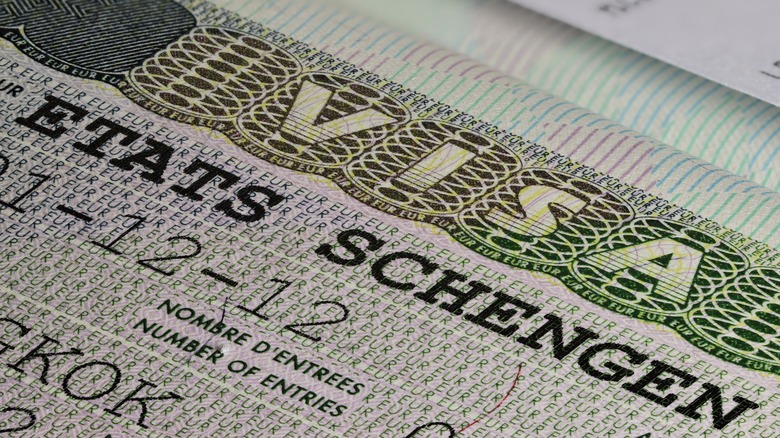Travel Guides International
Christine Estima
Correction 9/27/23: An earlier version of this article misstated the launch date for the European Travel Information and Authorisation System (ETIAS) program. This procedure will take effect sometime in 2025, not 2024.
Some cities can feel like a theme park. New York City’s Times Square has that ambiance, with all the mascots and performers flooding the infamous intersection of 42nd and Broadway. London, U.K, can also seem that way with the London Eye, a literal Ferris wheel, situated right in the heart of the city overlooking the Thames. And the famed town of Casanova himself, Venice, Italy, also has that aura as it’s an incredibly small floating town with singing gondoliers. However, have you ever wondered if these theme park-like cities might start charging entrance fees? Venice is implementing that very strategy, and it will affect all tourists starting springtime 2024.
With over 5.5 million people visiting the small Italian town every year (tipping over 15,000 daily), cramming the small, winding streets and creating massive crowds in St. Mark’s Square, the Campanile, and the infamous Rialto bridge, the Venetian city council has agreed to implement a little tourist control. Day tourists to the canal city will be charged €5 ($5.34) to walk in Marco Polo’s footsteps. If you’re planning a 2024 trip to get your hands on a Commedia dell’arte mask or recreate Madonna’s iconic “Like A Virgin” music video, here’s everything you need to know before you travel.
The Venice fee will manage overcrowding

Mammuth/Getty Images
During peak periods like spring, long weekends, or carnival seasons, day visitors to Venice who are over 14 must pay to enjoy the city’s iconic canals and gondolas. You’ll be exempt if you stay in the floating town overnight, are local, own property there, and pass through as a commuter. A QR code will regulate status and payment.
If you’re wondering why, take into account the overcrowding, the impact of footfalls on ancient buildings, and the recent Venetian floods as reasons. City Councilor Simone Venturini told CNN, “On certain days and in certain periods, we need innovative management of [footfall] flow, in order to stem daytripper tourism.” In 2022, another Venetian city councilor, Michele Zuin, said in a statement, “The message we want to put across is that Venice is open, but visitors must understand that we need proper planning to manage the balance between residence and tourism.”
Another fee is required to enter Europe

Bjoern Wylezich/Shutterstock
However, that might not be your only fee to settle. If you hold an American or Canadian passport, there is another fee you’ll soon have to pay to enter the European Union before you even step foot into Venice. American and Canadian nationals have previously enjoyed visiting Europe without a visa. However, beginning in 2025, North Americans will need to buy a European Travel Information and Authorisation System (ETIAS) to enter Europe. The document will allow 90-day access to the 30 countries in the European bloc, including Italy.
Don’t feel singled out; it’s not just North America. Passport holders from 60 other countries, including Mexico, the U.K., Australia, and Japan, must apply for the ETIAS. Global News reports the ETIAS will cost $10; children under 18 and seniors over 70 will be exempt. The good news is that once you have your ETIAS, it will be valid for three years unless your passport expires before that.
So, while the Venetian and ETIAS fees won’t break the bank or severely impact your travel budget if you’re touring Venice or the European Union in 2024, you definitely need to plan ahead.

